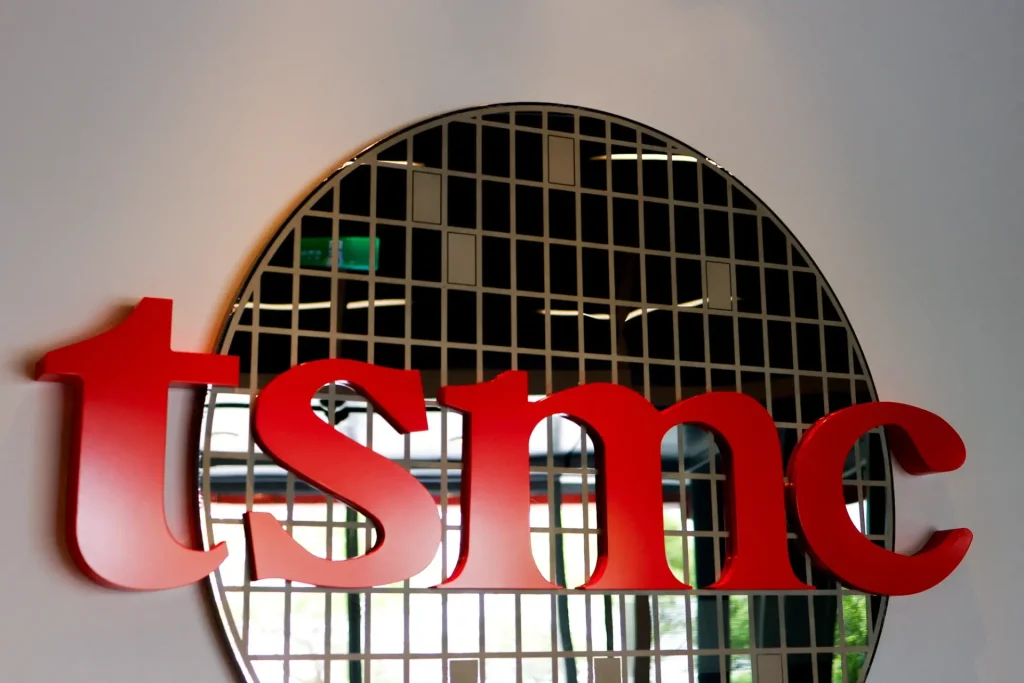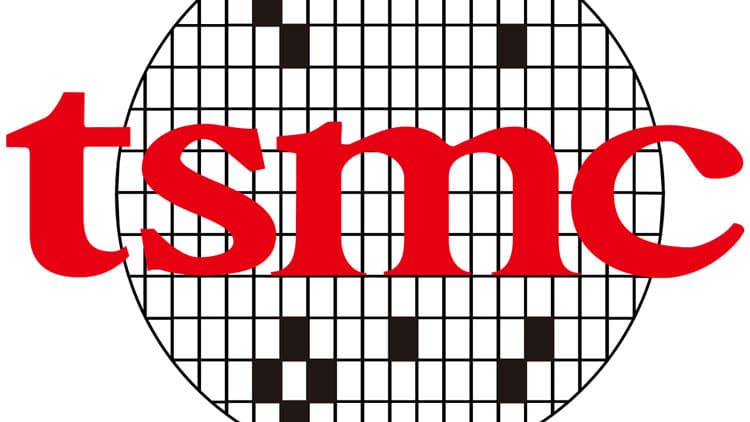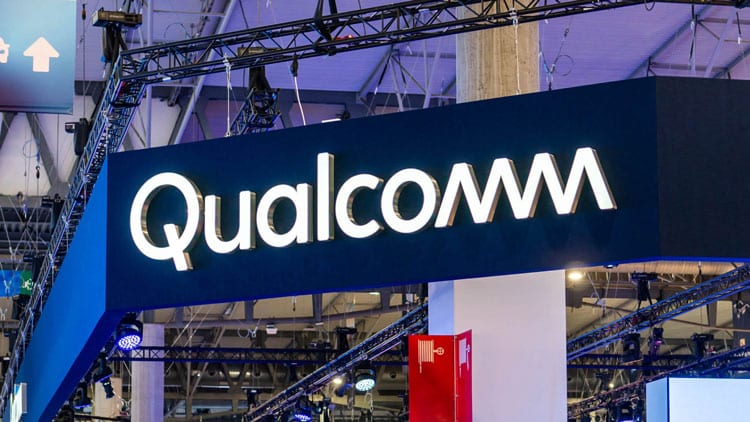The U.S. Department of Commerce has investigated Taiwan Semiconductor Manufacturing Company (TSMC) over allegations that the world’s largest chipmaker may have sold advanced AI and smartphone chips to China’s Huawei Technologies. This probe reignites tensions in the ongoing U.S.-China tech rivalry, particularly as Washington tightens restrictions on the flow of semiconductor technologies to Chinese firms.
-
TSMC’s Alleged Breach of Export Controls:
- TSMC, once a key supplier for Huawei, stopped selling chips to the Chinese telecom giant in 2020 after the U.S. imposed stringent export controls.
- The investigation focuses on whether TSMC, despite these regulations, supplied chips indirectly to Huawei using intermediaries, potentially violating U.S. export control laws.
- The U.S. has banned advanced chips from reaching Huawei due to national security concerns, and the probe aims to uncover any loopholes that might have allowed Huawei to continue obtaining TSMC chips.
-
Huawei’s Surprising Comeback:
- Despite U.S. sanctions, Huawei’s recent Mate 60 series, powered by homegrown 7nm chips, raised alarms in Washington.
- These chips are believed to have been developed with China’s Semiconductor Manufacturing International Corporation (SMIC), but the question remains whether Huawei accessed TSMC technology via intermediaries.
- Huawei’s ability to produce these chips signals that U.S. sanctions may not have been as crippling as initially thought.
-
Potential Consequences for TSMC:
- If TSMC is found to have violated U.S. regulations, it could face severe penalties, including restricting access to U.S. technology.
- Such a sanction would be significant for TSMC, which relies on American technology for its advanced chip manufacturing processes.
- The timing of this investigation is also critical, as TSMC is set to receive billions in subsidies from the Biden administration to build new fabs in Arizona.
-
U.S. Strategy to Block Chinese Tech Advancements:

- The probe reflects the U.S.’s broader strategy to curtail China’s access to cutting-edge semiconductors, vital components in AI, 5G, and military technologies.
- By scrutinizing TSMC’s potential involvement with Huawei, Washington signals a more aggressive stance on ensuring compliance with export controls, especially as Chinese firms continue to make strides in advanced semiconductor technology.
As the investigation unfolds, it could mark a pivotal moment in the U.S.-China tech cold war. The outcome may affect TSMC’s future and influence the global semiconductor supply chain and U.S. policy toward Chinese technology firms.


